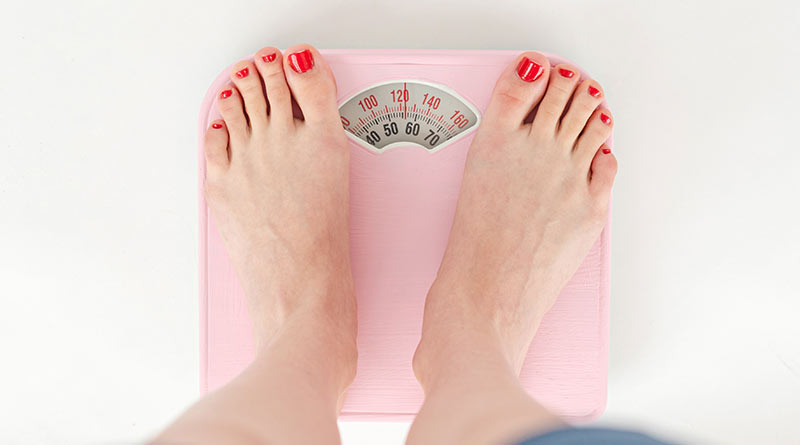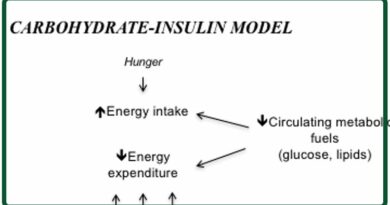Metabolism, dieting & reaching goal weight
Summary
- A paper has just been published, which examined the impact of a very low-calorie diet on metabolism and the time it takes to reach goal weight.
- It involved 65 women, with an average age of 36 years and an average BMI of 28.6, who were put on an 800 calorie-a-day diet with the goal of achieving normal BMI (under 25).
- Previous literature has confirmed that calorie deficit dieting causes resting metabolic rate to fall. The novel approach of this study was that it looked at the impact this would have on the time it took to reach the weight-loss goal.
- The study assumed that the time taken to reach weight-loss goal was based on four factors: 1) starting weight 2) the energy deficit achieved 3) adherence to the diet and 4) the degree of metabolic adaptation.
- The study recorded what happened in the women and then modelled metabolic adaptation, while adjusting for the other three factors.
- It concluded that the drop in resting metabolic rate accounted for almost two thirds of the variation in the time taken to reach goal weight.
- Further modelling revealed that sticking to the diet was actually the most important factor, but this didn’t feature in the paper summary or press release.
- The weight loss in the study was impressive, but unlikely to be sustained.
- This study provides further evidence that eating fewer calories leads to the body needing fewer calories. It's a vicious cycle best avoided.





